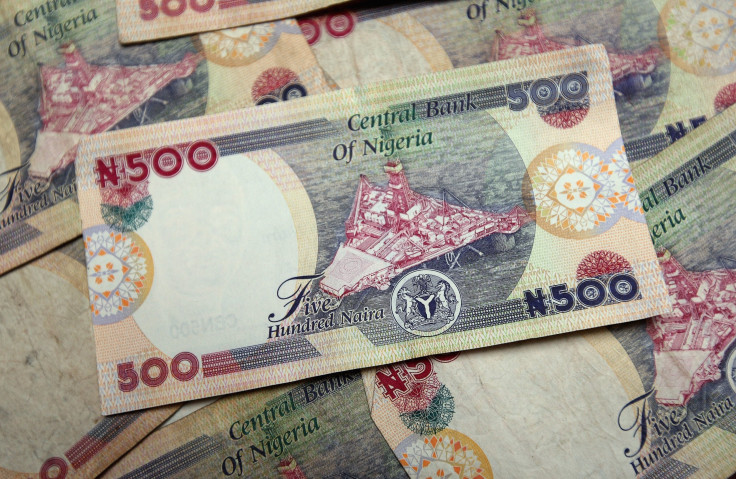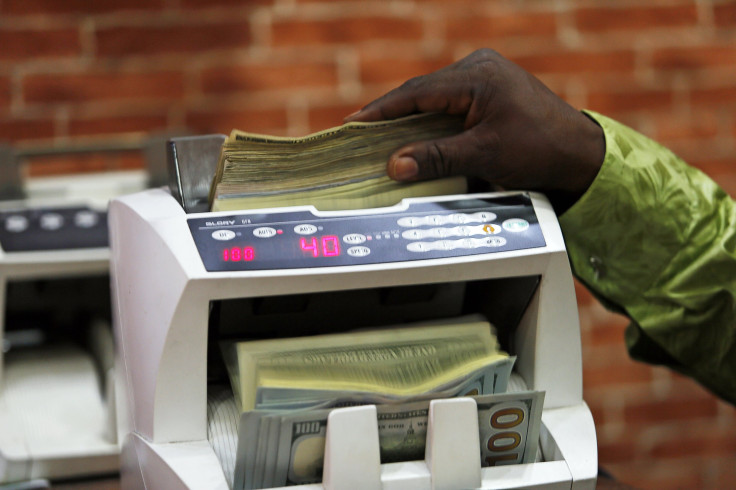Nigerian Currency Plunges To US Dollar Amid Hajj Pilgrimage, Chinese Economic Slowdown

Nigeria’s currency plunged against the dollar Monday as the parallel market exchange rate rocketed amid an increased demand for the U.S. currency in the West African country, which also is grappling with a volatile currency due to China’s economic slowdown. The naira devalued by N5 to N220 per dollar as Nigerians seek the U.S. currency to pay for school abroad and the annual hajj pilgrimage to Mecca in Saudi Arabia, according to Nigerian newspaper Vanguard.
“The demand is very high and the buyers willing to pick dollars at any available price. Also, the demand of dollars by importers is increasing at an alarming rate,” Alhaji Aminu Gwadabe, president of the Association of Bureau De Change Operators of Nigeria, told Vanguard Tuesday.

The upcoming hajj, an annual pilgrimage to Mecca that Muslims must fulfill at least once in their lifetime, has contributed to the soaring exchange rate in Nigeria, which is split between a majority Muslim north and a mostly Christian south. Harrison Owoh, managing director and chief executive of the H.J. Trust and Investment Bureau De Change in Lagos, said 66,000 people were approved for the pilgrimage. The Central Bank of Nigeria in the capital Abuja approved a maximum sale of $1,000 to each hajj pilgrim at an exchange rate of N160 per dollar. But the hajj, which is expected to start around Sept. 21, will cost each pilgrim about $6,000, Vanguard reported.
As the school year commences, there also was an increased demand to pay for education fees abroad, which has compelled Nigerians to visit the parallel market to buy dollars or British pounds.
A downward trend in Chinese economic output also has struck Africa’s largest economy and top oil producer in recent weeks. Many sub-Saharan African currencies, including the naira, are linked to the value of their oil and other commodity exports, which began to decline earlier this year when China missed its economic growth target. The naira has fallen around 15 percent over the last year, which has fueled inflation despite the central bank spending billions of dollars to bolster the Nigerian currency.
© Copyright IBTimes 2024. All rights reserved.





















